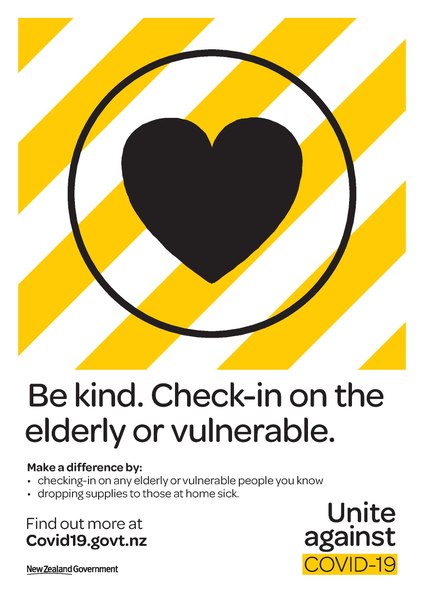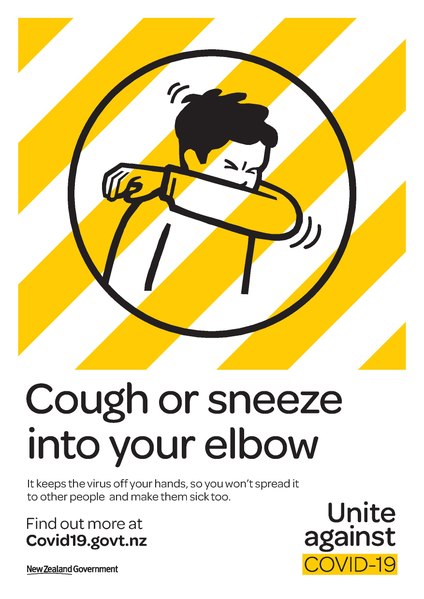
COVID-19 pandemic vocabulary
All Thammasat University students have the challenge of learning new vocabulary as it occurs, to better understand world events.
The Novel Coronavirus 2019 (COVID-19) pandemic is one recent example.
In December 2019, the word coronavirus was rarely used in international English language publications, and the term COVID-19 was first put forward in February 2020, when the World Health Organization (WHO) announced the official name of the virus. By April 2020, both COVID-19 and coronavirus had become common terms.
In July 2020, the Oxford English Dictionary website reported on new terms that had entered the English language due to the COVID-19 pandemic.
Some of these terms may be read about in books newly acquired by the TU Library about COVID-19 as well as in articles on research databases subscribed to by the TU Library and available to all TU students.
Meanwhile, some other expressions have entered Thai English, where people speaking Thai language will sometimes mention a word or two in English in an otherwise all-Thai discussion.
One such term is New Normal, which in Thai English is used to mean the situation after the appearance of COVID-19. TU students who are preparing academic research projects and theses in English might note that this usage and meaning in Thai English is not the same in the rest of the world.
In standard international English usage in academic research and theses, the words New Normal are not universally accepted when referring to the time after the appearance of the COVID-19 pandemic. When these words are used in informal English, there are many observers who are opposed to this term, calling it an inaccurate and meaningless expression.
Forbes Magazine, a leading financial periodical, published an article headlined COVID-19 And The Corporate Cliché: Why We Need To Stop Talking About ‘The New Normal.’
The article pointed out that there is nothing normal about life during the COVID-19 pandemic. Since the world’s response to the pandemic is always changing, it does not stay the same long enough to be considered normal.

One travel blogger in the United States of America (USA), where the COVID-19 pandemic has had tragic results, added:
Why I Hate the Term “New Normal”
According to Merriam-Webster, the word “normal” can be used as a noun or adjective and means conforming to a type, standard, or regular pattern. As in normal working hours, they had a normal childhood or the effect of normal aging. Normal is usual, it is average, it is typical, it is predictable. What we are going through today is not normal.
here are many words that can be used to describe what we are living through. Crisis. Disaster. Catastrophe. Emergency. Calamity. Or just a huge predicament. But not normal.
Perhaps something more descriptive. Epidemic. Pandemic. Plague. Outbreak. Or my favorite, a massive virulent disease. But not normal.
The problem with using the word normal is that we change something that requires a response, something that requires sacrifice, something that requires a strategy to defeat, something that requires us to marshal our assets, something that requires vigilance, something that requires uniting, something that requires coordination, and something that requires action by every person in the world – no matter how remote they may be – and we change it into just another part of our day. Something we don’t give much thought because it is normal.
What we are going through today is not just another part of the day. This is not normal.
There has been a rush to return to a “new normal”. There has been a rush to go back to things as they were before – just with some adaptations, often voluntary. To open things up because we flattened the curve instead of bending the curve down to small numbers. Because we have had some great victories, not because we have won the war. There is a desire to treat this year and the next one, two or three years as we have the years before – just with some adaptations, again, often voluntary. A desire to go back to what we know how to do – to market our destinations, to sell our destinations– just with some adaptations. That would be a mistake.
The Great Interruption
What we are going through today is a great interruption. It is one of the great challenges of our life. It is a test of our humanity. It is a call to marshal all the experience and all the talents we can apply. Because the time we are in requires new ideas and new approaches and a great deal of caution. It requires identifying what is essential in what we do, it requires doing it with less resources and it requires a creative approach. It requires that we use the people in our community. It requires that we help the people in our community. And it requires that we protect the people in our community.
Which is why this time of great interruption is not any kind of “new normal” but instead is the anything but normal time before the next normal.
Another writer, Adam Field, Global Head of Innovation & Experience at Pegasystems, a US software company, posted on his Linked In page his own thoughts, headlined Why I Hate the Phrase: “New Normal.”
TU students might consider that even if they enjoy using some English words when speaking Thai language, the same words may inspire a negative reaction if used in a formal academic English context, such as a thesis or academic research, which is intended to attract international readers. Native speakers of English who hate the words New Normal may not be happy to see them in a thesis or academic research paper.
For this reason, it may be better to use different words to describe what Thai people mean when they use the Thai English words New Normal. It might be safer to refer to the world after the COVID-19 pandemic appeared, or the post-COVID-19 world.
There are many other examples of international writers who object to the term New Normal.
In June, Chime Asonye, Former Senior Special Assistant on Sustainable Development Goals, Office of the Executive Governor of Abia State, Nigeria, posted on the World Economic Forum (WEF) website his own objections to the use of the term New Normal. They included:
The ‘new normal’ discourse sanitizes the idea that our present is okay because normal is regular. Yes, there may be public health challenges, but these are issues that can be managed. We accept life under the omnipresent threat of disease as ordinary. But what exactly is normal about this pandemic? It is not normal for society en masse to be isolated, but if this is normal, then we are supposed to have control of the situation. Even if we feel loss or despair, we are expected to get used to it — accepting that this morbid reality is now standard…
Not only does the ‘new normal’ framing inhibit our ability to heal ourselves, it constrains our ability to think expansively about fundamentally transforming society because it imagines a world that only functions for the elite. Popular strategies focused on social distancing and personal protective equipment remains the remit of those with the means to fortify and seclude themselves. Stay-at-home orders cannot be observed by the more than 100 million people homeless worldwide….
As the pandemic rages on it gives us a chance to reimagine the world by tracing history, not forgetting it.
We should revel in the discomfort of the current moment to generate a ‘new paradigm’, not a ‘new normal’. Feeling unsettled, destabilized and alone can help us empathize with individuals who have faced systematic exclusions long-ignored by society even before the rise of COVID-19 — thus stimulating urgent action to improve their condition. For these communities, things have never been ‘normal’.
Still other writers in the USA have offered detailed objections to the use of the term New Normal.
TU students might consider whether it is a good idea to avoid possibly offending some international readers by using this terminology in academic research papers and theses meant to be seen by a world audience.

(All images courtesy of Wikimedia Commons)
